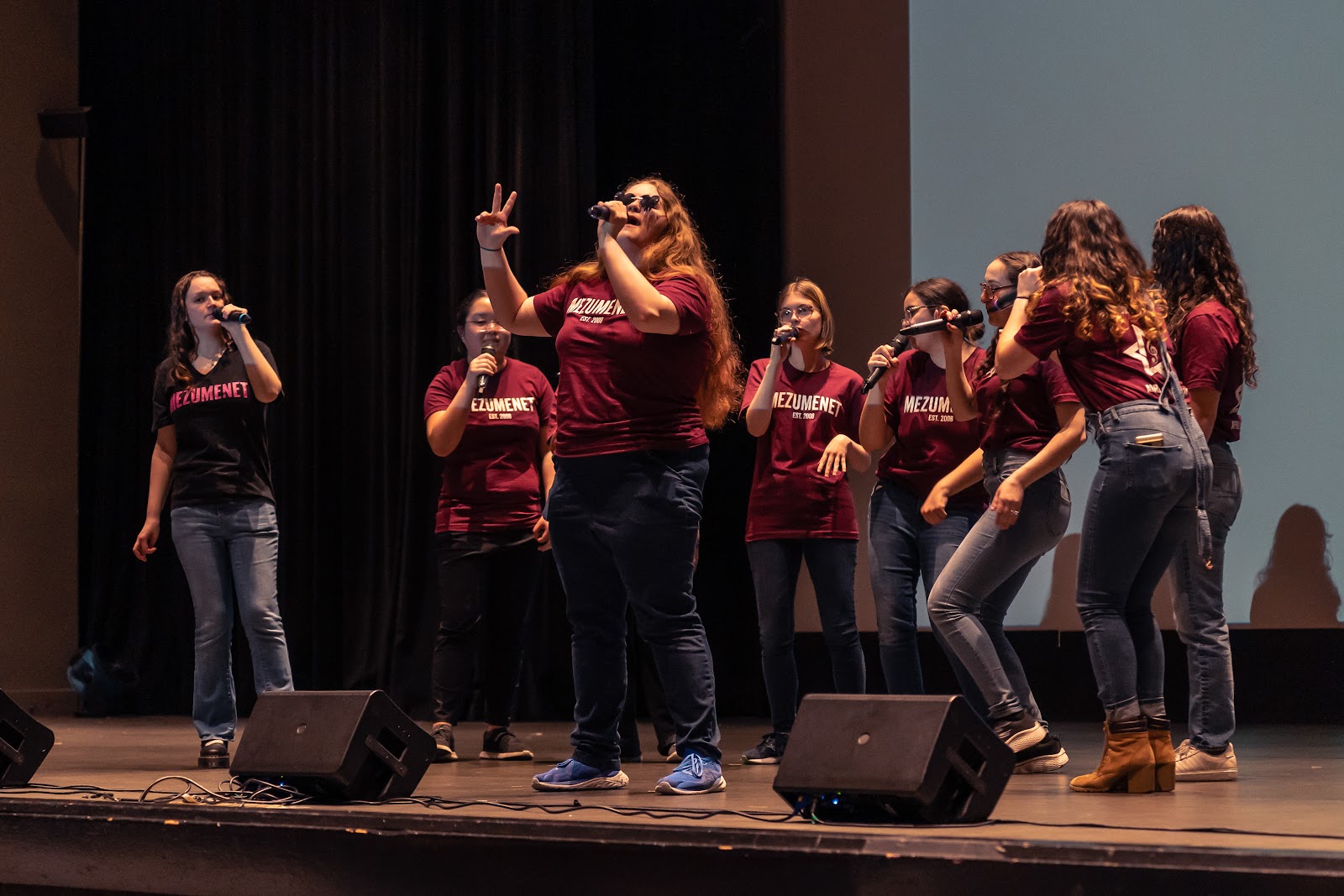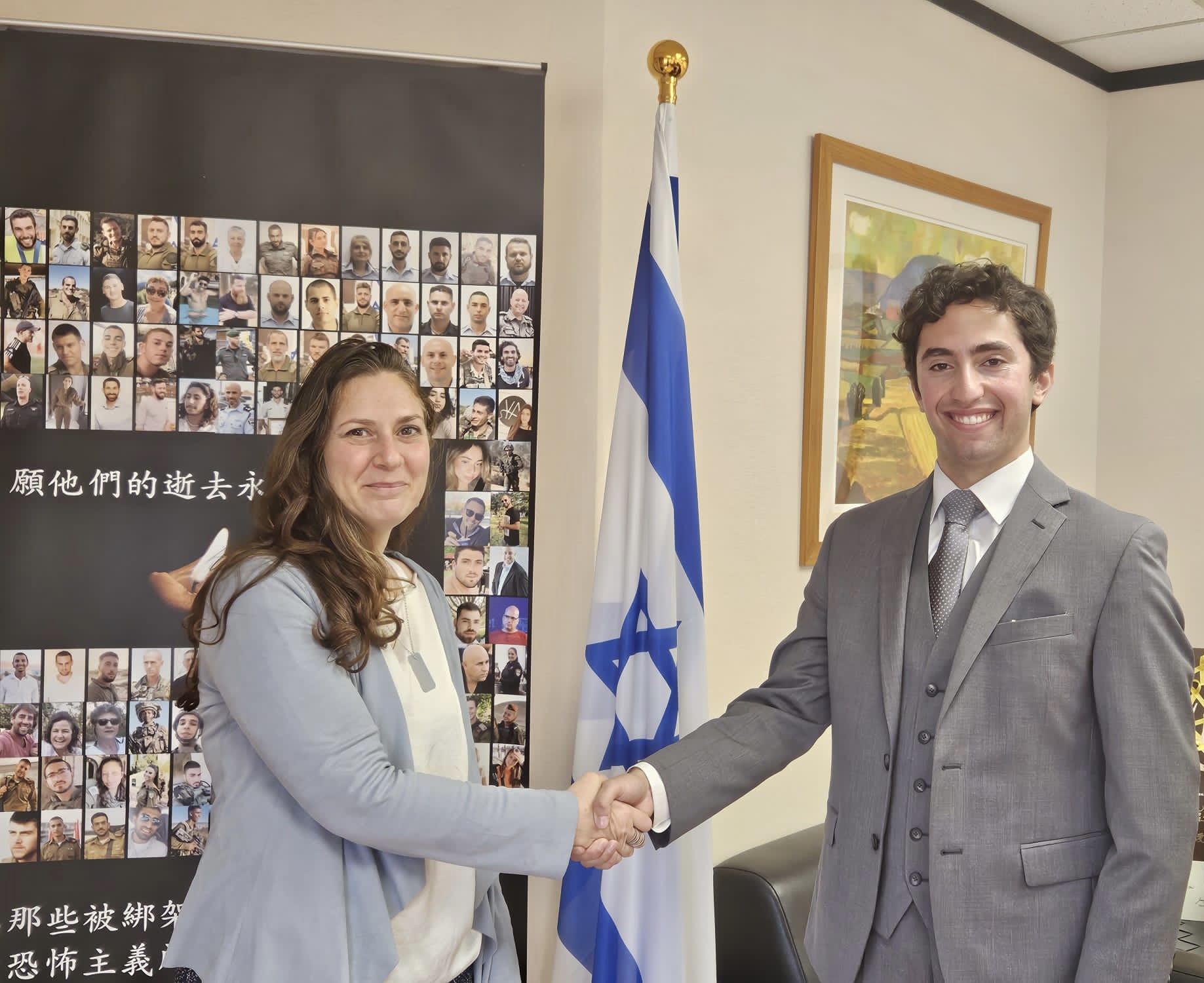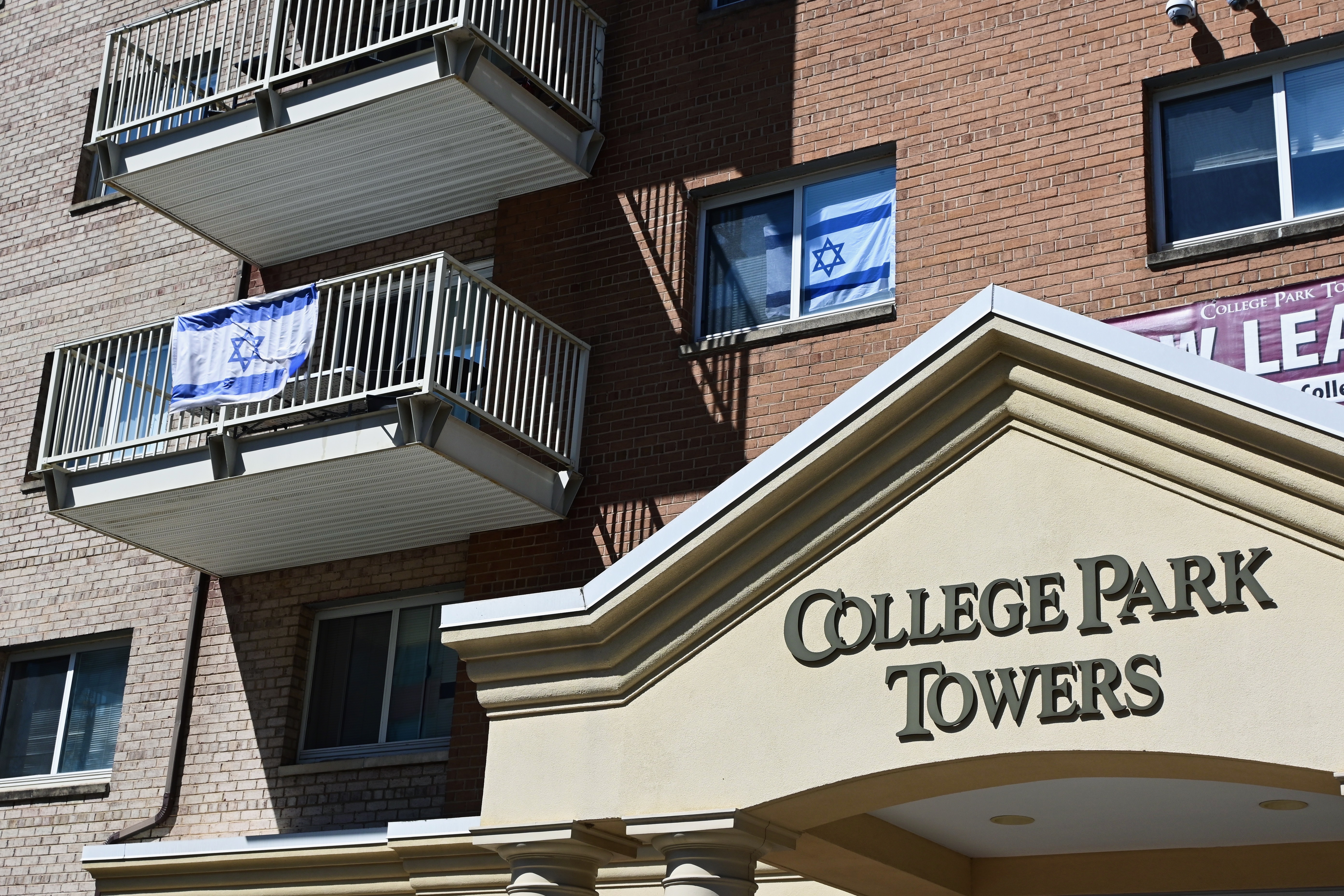Professor Susannah Heschel, a preeminent historian of Jewish history, spoke about the nature of antisemitism; many faculty members disappointed by student turnout to the event

By Charlie Summers
News Editor
Renowned Jewish studies scholar Professor Susannah Heschel visited campus on Tuesday to give a talk on antisemitism as part of a lecture series hosted by this university’s Bahá’í Chair for World Peace.
Heschel, who heads the Jewish studies department at Dartmouth College, is well-known for her role in Jewish feminism and research on Jewish-Christian relations in Germany. She is the daughter of the late Rabbi Abraham Joshua Heschel.
In her talk, Heschel focused on the trauma that antisemitism has on its victims, drawing analytic parallels from scholars of racism in America to show how antisemitism weakens Jewish communal life and reawakens historic experience for both Jews and antisemites.
“Antisemitism works in a burst. The present is experienced as a revival of the past,” she said.
According to Heschel, one of the most crucial aspects of antisemitism is its circular nature, the fact that it is outside the realm of logic and thus not falsifiable. She raised the issue of Kanye West’s antisemitism to demonstrate the phenomenon.
“Kanye West is such a perfect illustration of this because he goes around saying Jews have all the power, then he gets canceled, and says, ‘See, the Jews have all the power,’” Heschel said. “So, how do you falsify it?”
Heschel also noted the toll that studying antisemitism takes on scholars. Near the end of her talk, she commended one of the audience members, Professor Jeffrey Herf, an antisemitism scholar and longtime Maryland history professor, for his work in the field.
“I have enormous respect for colleagues such as Professor Herf, who have spent decades of their lives studying this material — I wrote one book on the Nazi period, and couldn’t write another,” she said.
Herf was disappointed with the student turnout to the event. Although there were 60-70 attendees that joined the Zoom livestream, there were only a handful of students in the room.
“Susannah Heschel gave a superb lecture today, it was beautifully delivered and full of substance,” Herf said. “It’s a shame that more faculty and students were not there to hear it in person.”
Heschel shared the same sentiment.
“I was expecting a bigger turnout. I’ve probably never had such a small turnout anywhere I’ve ever lectured,” Heschel said.
The Bahá’í Chair regularly hosts academics to give lectures on issues of racism, antisemitism, women’s rights and other human rights issues. Dr. Hoda Mahmoudi, who is the current chair, describes the program’s purpose.
“The Bahá’í Chair was founded to explore and advance discourse on how to remove the barriers to a more peaceful society,” Mahmoudi said.
Mahmoudi emphasized the importance of education in accomplishing the program’s long term goals.
“If we can raise a younger generation of children to not hold these prejudices, then we would have a world that would look different,” Mahmoudi said.
Throughout her speech, Heschel called on scholars to treat antisemitism with more seriousness.
“History is what hurts,” Heschel said, quoting the literary critic Fredric Jameson. “Historians need to be attentive to that hurt.”




